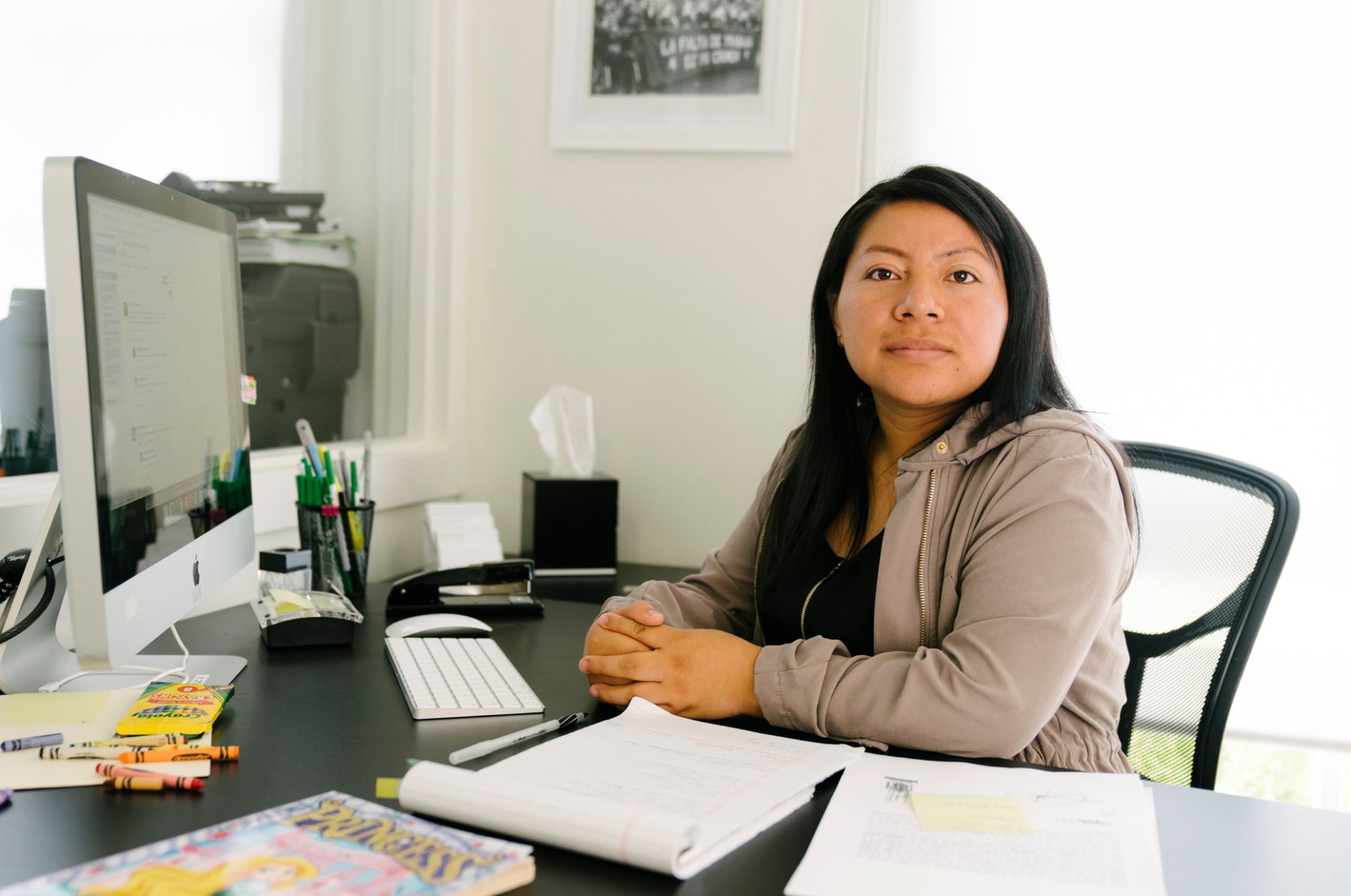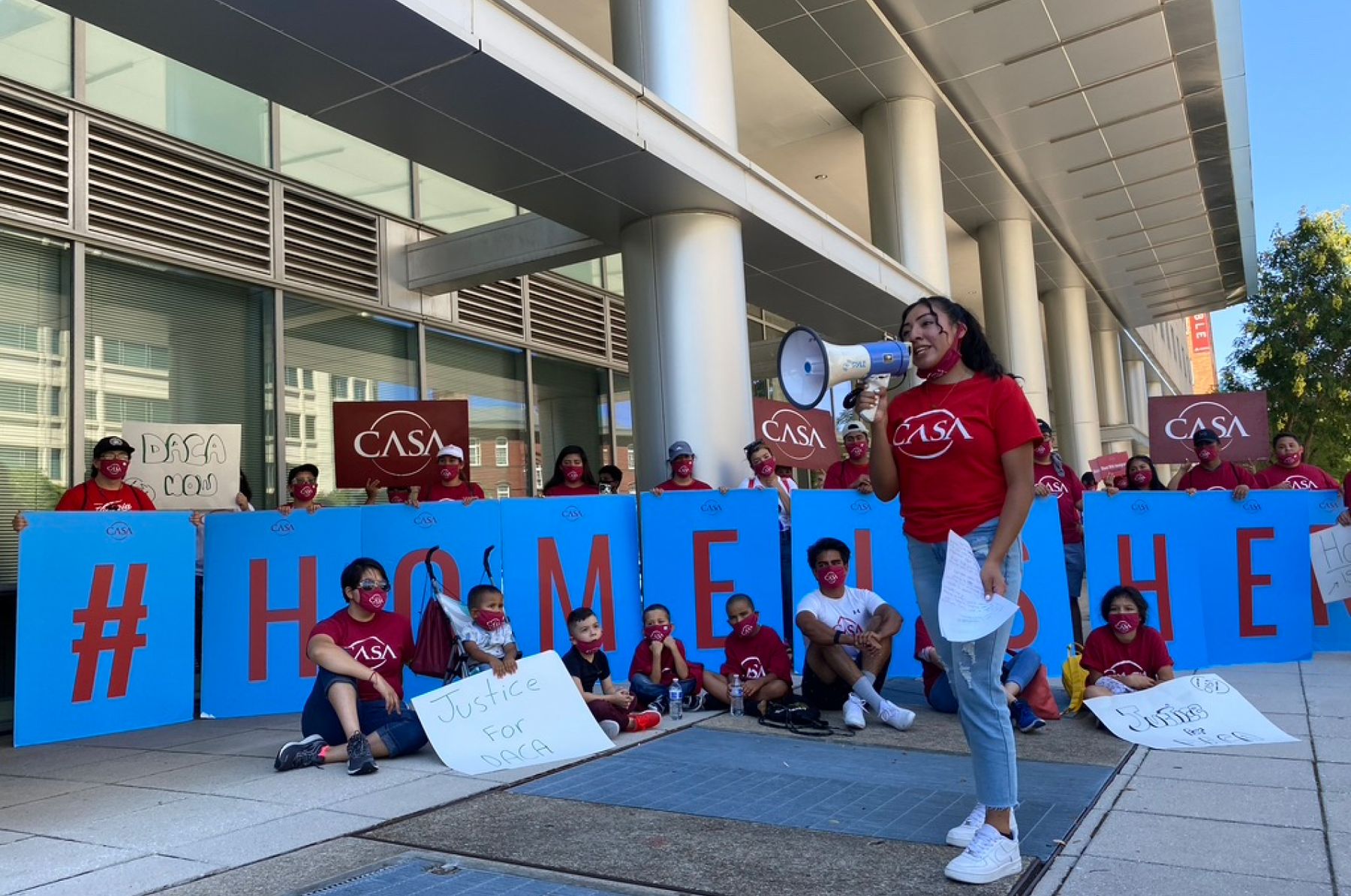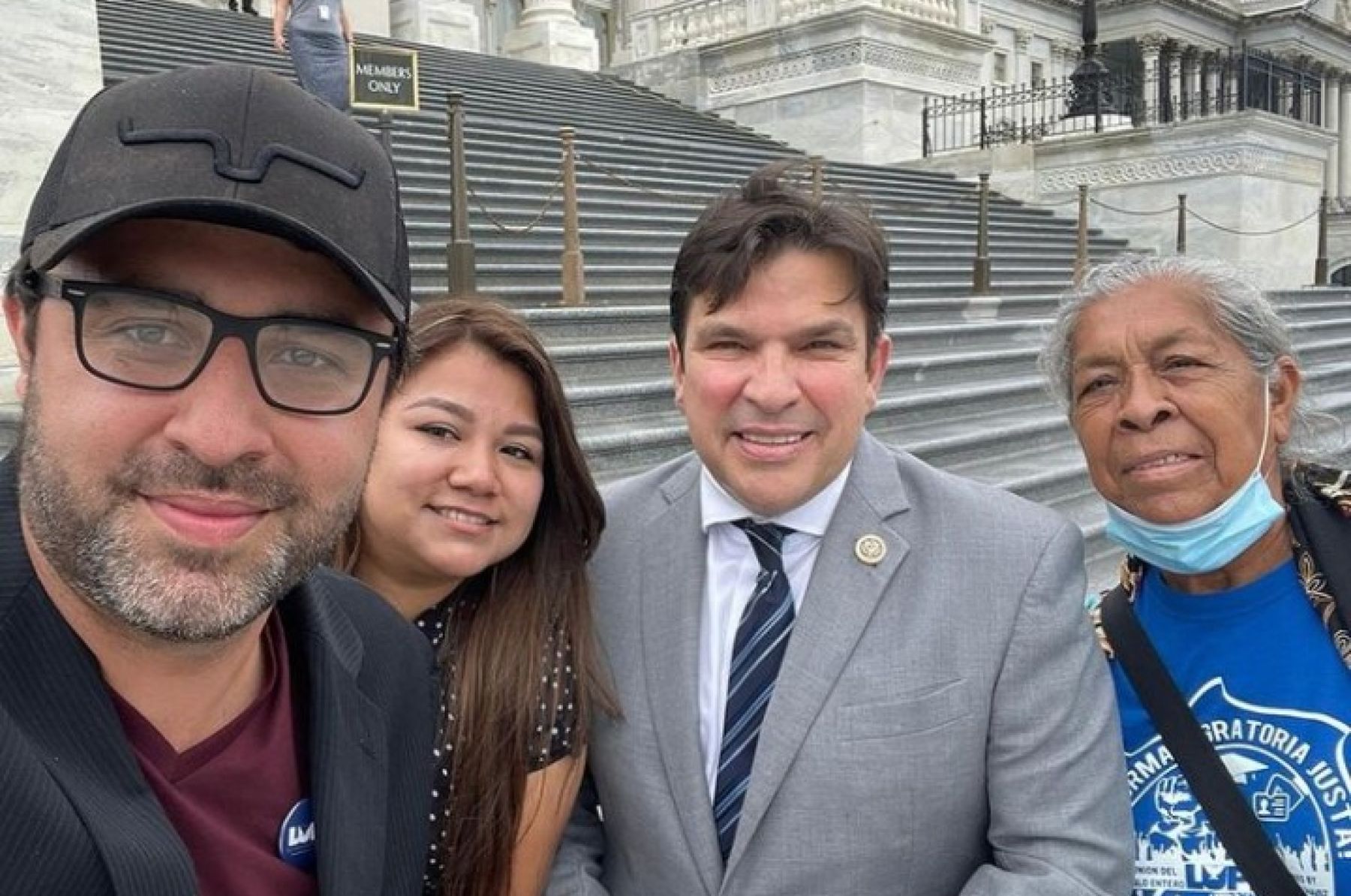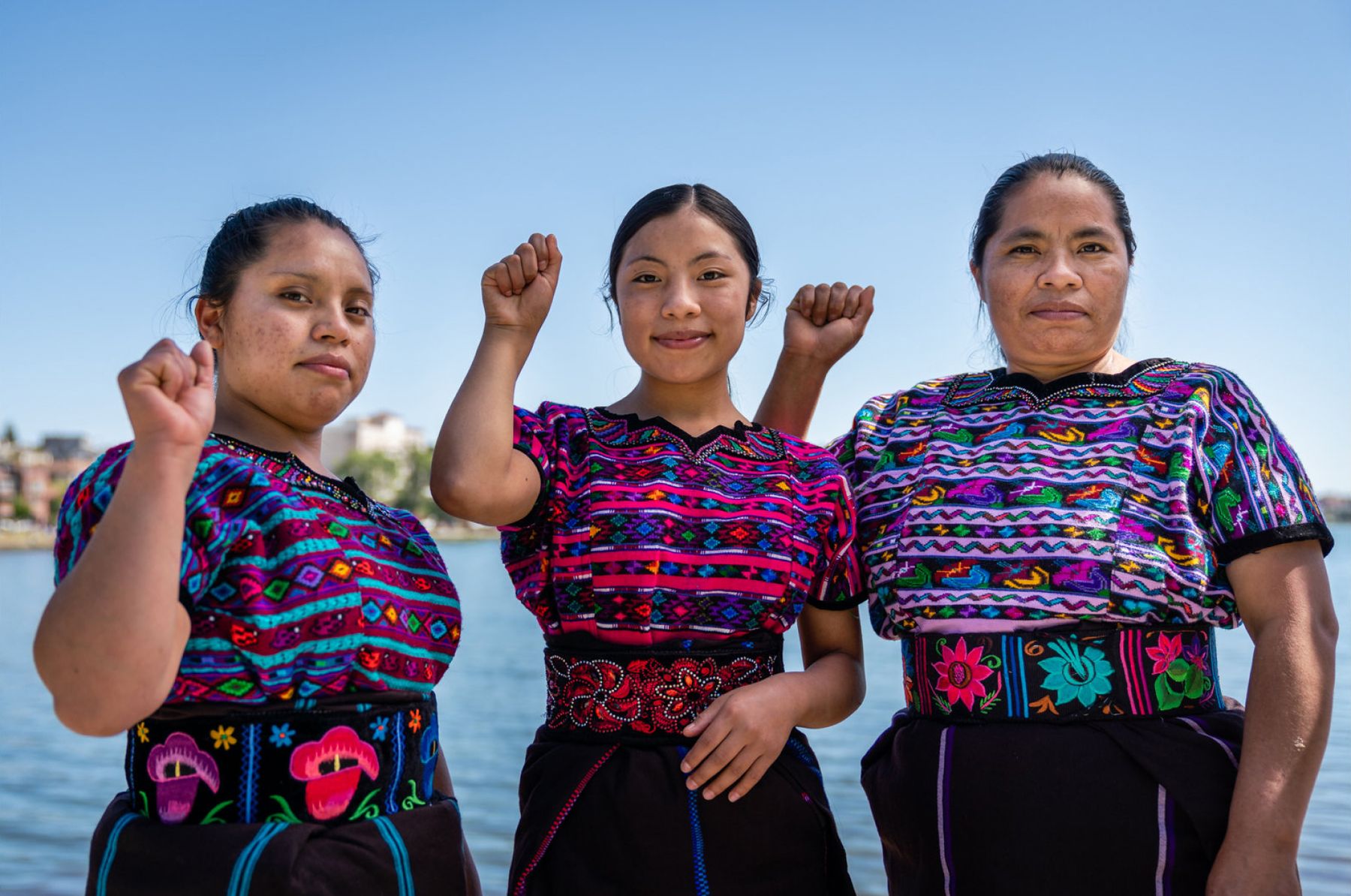UnidosUS Affiliates and the fight for essential workers’ path to citizenship
For more than 50 years, UnidosUS has been a leader in advocating for the Latino community in the United States, and has built a powerful legacy of championing immigrants.
Recently, UnidosUS’s efforts have been focused on protecting and defending DACA, as well as reporting on the impact of the anti-immigrant policies enacted during the Trump era. Today, with a national focus on immigration reform, it is imperative that we fight hard for a path to citizenship for our essential workers, including DREAMers, TPS holders, and farmworkers.
UnidosUS’s commitment to the fight for immigration reform is also reflected in our Affiliate Network’s role in this effort. They have been doing phenomenal work to change the narrative around undocumented essential workers, making sound arguments for why a viable path to citizenship is such a crucial part of building more prosperous, inclusive nation not just for Latinos, but for all Americans.
First is Comunidades Unidas, an UnidosUS Affiliate based in West Valley City, Utah, that has been a leading voice in the state demanding immigration reform. In a recent press conference hosted at the World Trade Center Utah in Salt Lake City, Comunidades’s Executive Director Mayra Cedano explained that undocumented immigrant workers performing essential jobs during the pandemic deserve legal status. An article reporting on the event quoted her saying:
Immigrant essential workers have continuously put their health and that of their families on the line to keep all of us protected, yet many immigrant workers fear not being able to see their families at the end of the day because of the risk of being deported.
Cedano’s powerful statements not only help to shift the discourse about the reality of the undocumented immigrant experience, but also reaffirms the key role these essential workers have played over the course of the COVID-19 pandemic.
Next is Make the Road New York, a Brooklyn-based UnidosUS Affiliate, which is dedicated to achieving justice and equity for working-class and immigrant communities. On July 23, they partnered with various New York nonprofits, organizing a rally on the Manhattan Bridge to demand citizenship for DACA recipients, TPS holders, farmworkers, and essential workers. Rallygoers chanted, “We are home!” while calling on the Biden administration to act.
In addition to the rallies, Pedro Farfan, a youth member of the Make the Road NY wrote an op-ed about how both DACA recipients and those who don’t qualify for DACA, need a clear and attainable path to citizenship. He wrote:
“Whether via op-ed, social media, or in-person demonstrations, Make the Road NY has made one thing clear: We need action from the Biden administration and Congress to create a path to citizenship now, with or without Republican support.”
Finally, in Arizona, our Affiliate Promise Arizona (PAZ) has been using social media to gather support for a path to citizenship and put pressure on their elected officials to act. They used their Facebook to ask people to call Arizona Senator Kyrsten Sinema, demanding that she, “Respect and fight for the dignity of immigrants and pass pro-immigrant legislation, including citizenship for all.” PAZ also recently sent a letter to the Arizona congressional delegation, calling for them to “include our immigrant communities in the budget” and emphasizing that, “We really need to hold the line and keep that $120 billion dollar amount in the budget resolution to provide a pathway to citizenship for DREAMers, TPS holders, farmworkers and essential workers.” This level of commitment, on both a national and local level, is necessary for pushing politicians to pass legislation that reflects the needs of the Latino community.
The Biden administration and Congress must meet the moment and step up. They can do so by ensuring not temporary solutions, but a path to citizenship or DACA recipients, DACA-eligible youth, essential workers, farmworkers and more.
It is also important to remember that these are only three Affiliates of the nearly 300 in our network who are calling for a path to citizenship for essential workers. It is crucial to highlight how this fight is taking place both on a grassroots and federal level, showing how essential it is to maintain pressure on our elected officials at all levels. Ultimately, the hope is that Latino voices will be heard, so that this critical reform becomes a reality, and the millions of undocumented essential workers, who have kept the U.S. economy afloat throughout the pandemic, can get the rights they deserve.



